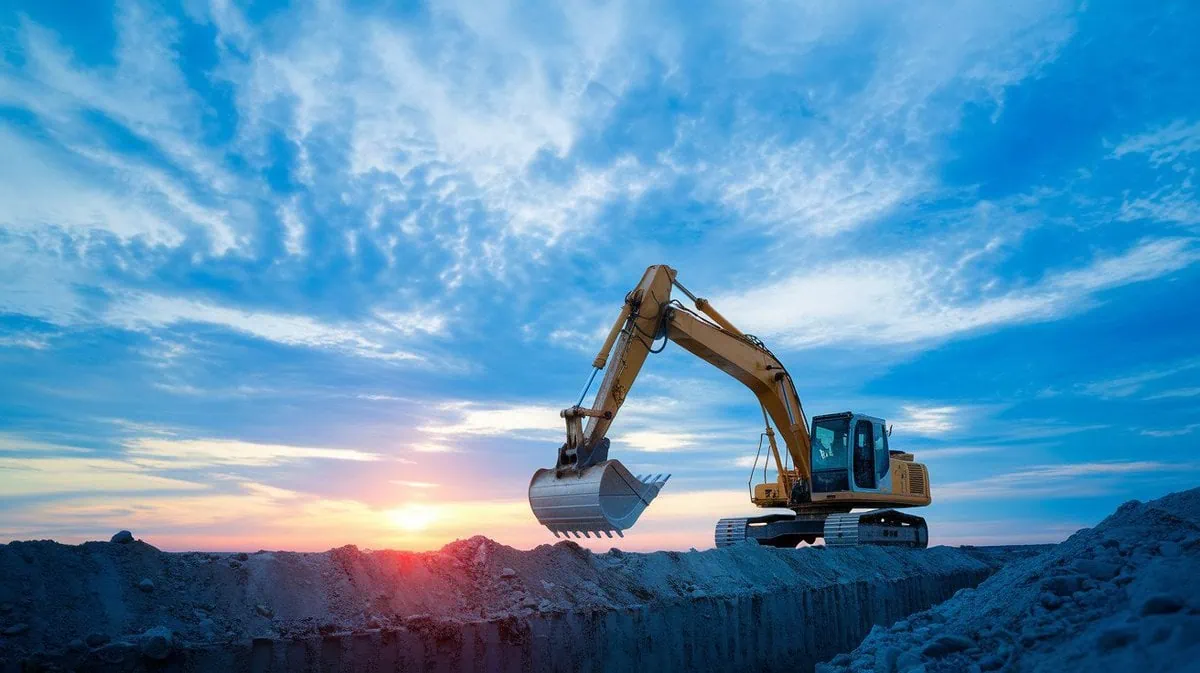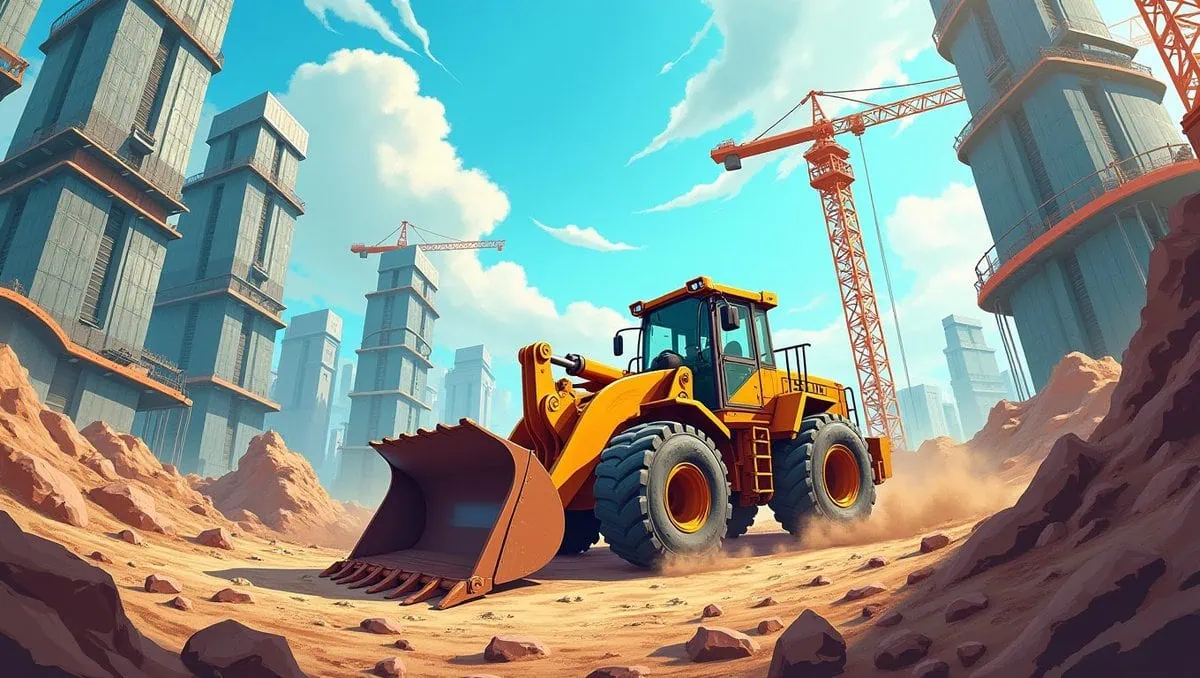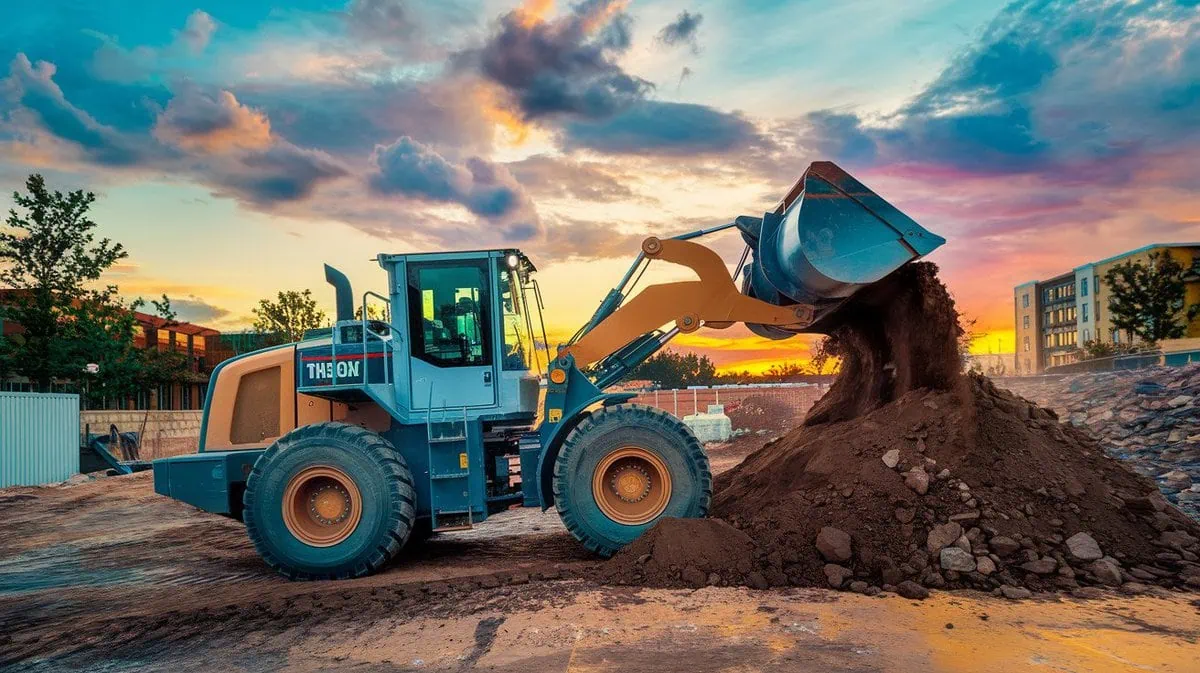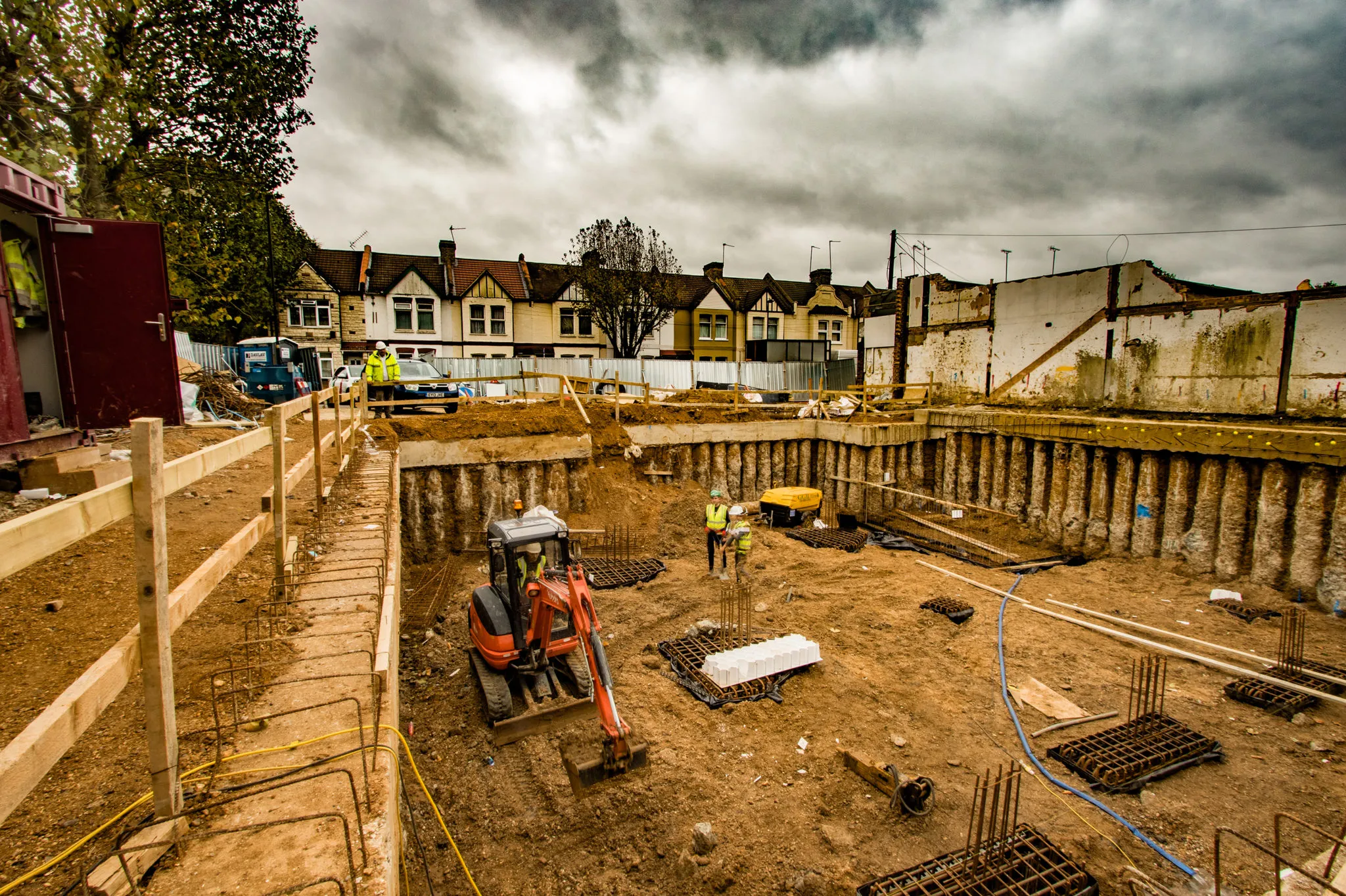When it comes to buying a used cargador de ruedas, you may feel overwhelmed by the number of choices and potential pitfalls. Making the right decision is crucial to ensure you invest in a machine that meets your needs and performs reliably. By carefully assessing the condition of the wheel loader and understanding the essential factors involved in the buying process, you can significantly reduce risks and make a sound investment.

Inspect the Exterior – buying a used wheel loader
The first step in evaluating a used wheel loader is to conduct a thorough visual inspection of its exterior. As you approach the machine, take a moment to look for any signs of deformation, rust, or damage. Scrutinize the body and frame for noticeable dents or cracks, as these can indicate past accidents or neglect. Check the condition of the tires, ensuring they are properly inflated and have adequate tread depth. A well-maintained exterior not only indicates that the machine has been taken care of but also contributes to its overall performance and longevity.
Evaluate Engine Performance
Next, pay close attention to the engine. Start the wheel loader and listen carefully for any unusual noises or vibrations that might indicate problems. Look for black smoke during startup or operation; this could suggest issues with fuel combustion. Additionally, inspect for any oil leaks around the engine compartment. If you notice anything suspicious, don’t hesitate to ask the seller for more information. A properly functioning engine is crucial for the reliability of the machine, and it should run smoothly without excessive noise or emissions.

Verifique el sistema hidráulico
The hydraulic system is essential for the loader’s performance. Carefully examine the hydraulic lines for leaks, cracks, or signs of wear, and ensure that all connections are secure. As you operate the machine, observe the responsiveness of the hydraulic functions. If there are any delays or abnormal sounds when activating the hydraulics, it may signal underlying issues that need addressing. A well-maintained hydraulic system is vital for effective operation, so ensure that everything is functioning correctly.
Assess Tire Condition
Tires are vital for the traction and overall operation of the loader. As you inspect the tires, check the tread depth and look for uneven wear, which can indicate alignment issues. Take the time to assess the overall condition of the tires; if they are worn out or damaged, consider the cost of replacement as part of your overall investment. Choosing a wheel loader with good tire condition can save you significant costs in the long run, as well as enhance the machine’s performance on various terrains.

Understand Working Hours
Inquire about the total working hours of the wheel loader. Generally, lower hours indicate less wear and tear, but you should also consider the maintenance history. If the machine has been well-maintained, it may still be a good choice even with higher hours. Don’t hesitate to ask the seller for documentation that details the machine’s usage. Always look for a balance between hours worked and maintenance records to ensure you’re making an informed decision.
Review Maintenance and Service Records
Request access to the loader’s maintenance and service records. These documents provide insights into how well the machine has been cared for over its lifetime. Regular maintenance can greatly enhance the reliability and performance of the loader. A clear service history indicates that previous owners were diligent in maintaining the equipment. If the seller cannot provide these records, consider this a red flag, as it may suggest potential issues that have gone unaddressed.

Conduct a Test Drive
Whenever possible, take the wheel loader for a test drive. This hands-on experience allows you to assess how the machine handles under various conditions. Pay attention to the responsiveness of the controls and how smoothly the loader operates. Test the loader’s capabilities by performing common tasks, such as lifting, loading, and dumping. A practical test will help you determine whether the loader suits your specific operational needs, giving you confidence in your purchase.
Inspect the Bucket and Arm
Don’t overlook the condition of the bucket and arm. Examine the bucket for signs of excessive wear or damage, as this can impact its effectiveness. Check the arm’s articulation and ensure it moves smoothly without any obstruction. You should also inspect the bucket’s cutting edge for signs of wear; a worn edge can affect loading efficiency. A well-maintained bucket and arm enhance productivity and reduce the need for immediate repairs, making them critical components to assess.
Choose the Right Brand
Brand reputation matters when purchasing used machinery. Opt for well-known brands that are recognized for their reliability and availability of parts. Research user reviews and industry reputation to gauge which brands perform best. Ask colleagues or industry peers for recommendations based on their experiences. Choosing a reputable brand can provide peace of mind regarding future support and parts availability, ensuring that you can keep your machine running smoothly for years to come.
Compare Prices and Select the Right Seller
Before finalizing your purchase, compare prices from multiple sellers. A price that seems too low might indicate potential issues with the machine, so do your due diligence. Look for a balance of price, performance, and condition. Additionally, consider the seller’s reputation; purchasing from a reputable dealer or marketplace can provide more assurance of quality and support. Don’t rush this process—taking the time to find a trustworthy seller can lead to a more satisfactory buying experience.

Resumen
In conclusion, buying a used wheel loader requires careful consideration of various factors, including exterior condition, engine performance, hydraulic system integrity, and brand reputation. By diligently inspecting and evaluating these aspects, you can make an informed decision and invest in a reliable piece of machinery that will serve your needs for years to come. Your attention to detail and thorough research will ultimately pay off in the form of a successful and satisfying purchase.






